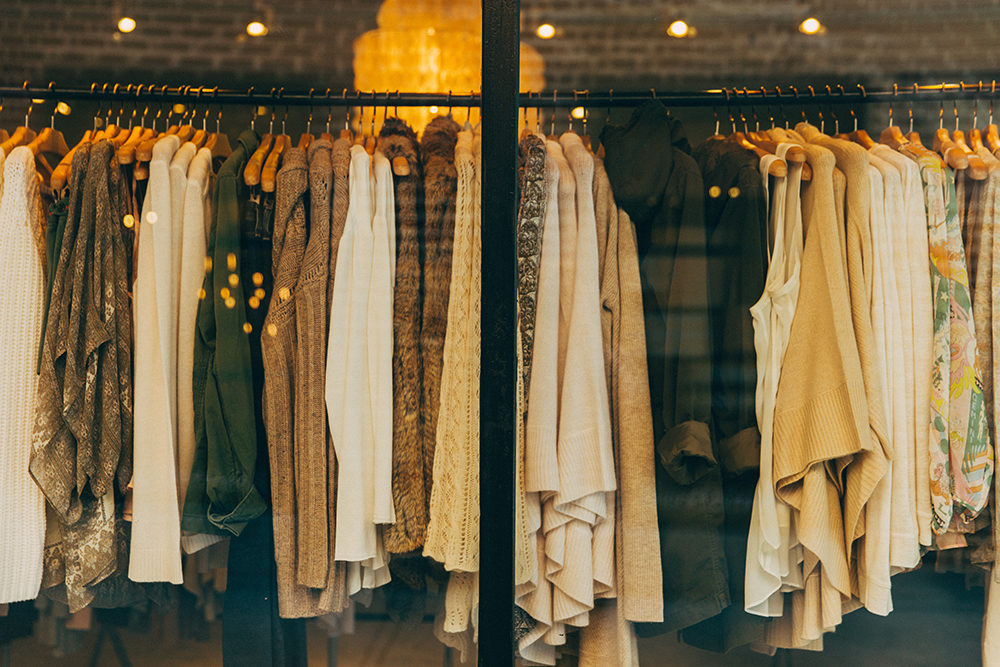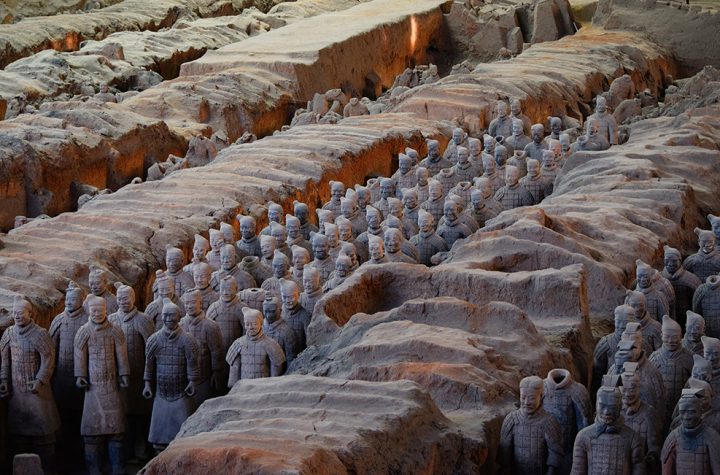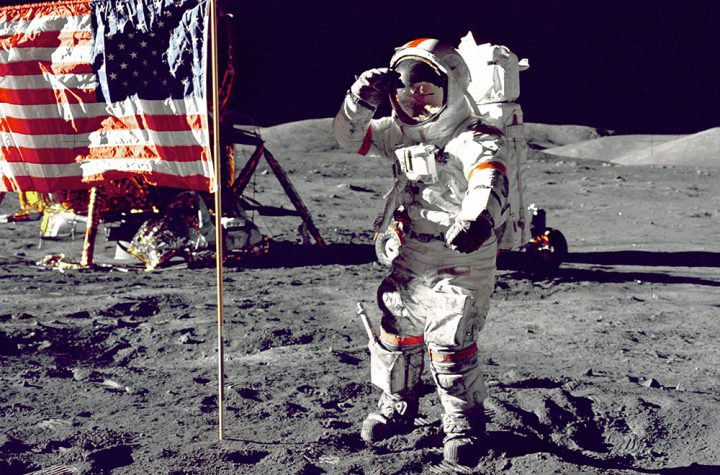
Pharmacy workers wearing protective clothes and masks serve customers in Wuhan on Jan. 25, 2020.
HECTOR RETAMAL/AFP/Getty Images
At the Liutianbao Pharmacy, one of the biggest dispensaries of traditional Chinese medicines in virus-stricken Wuhan, the shelves are practically bare of honeysuckle, the dried fruit of the weeping forsythia, eupatorium and patchouli.
At Changsheng Pharmacy, the shelves have been picked clean of Mongolian milkvetch and Chinese bellflower, after a run on traditional herbal remedies prompted in part by promises from local health leaders that Chinese medicine can arm people with an herbal immunity to a deadly virus that has stoked fear around the world.
People have bought whatever can possibly be helpful for their health and safety, said Meng Juan, a worker at Changsheng Pharmacy.
Story continues below advertisement
The novel coronavirus, also known as the Wuhan 2019-nCoV virus, had killed 106 and infected many more as of Tuesday, with 4,622 confirmed cases in China and a further 6,973 suspected cases. China has relied heavily on Western methods to combat the virus, with hospitals employing equipment and medicine that would not be unfamiliar in Canada. Scientists in China and around the world are searching for a drug that can tackle the 2019-nCoV virus, sifting through dozens of potential candidates, including anti-HIV drugs, an anti-schizophrenia medication and an immunosuppressant.
But at the epicentre of the virus in Wuhan, many people are already turning to local remedies, crowding into traditional medicine hospitals to buy their own herbal pharmaceuticals, guided in part by health leaders in Hubei province who have described significant benefits from mixing Chinese and Western medicine.
Last Thursday, doctors at the Hubei Provincial Hospital of Traditional Chinese Medicine released a pair of formulas for pneumonia prevention. Yang Yi, a senior Chinese medicine practitioner, was quoted in state media as saying the recommended formulas would clear away heat, detoxify, dry dampness, moisten and enhance physical immunity. Citizens can decoct at home to prevent the disease, the state-run Peoples Daily reported.
The two recommended formulations advise consuming black atractylodes rhizome (used in Chinese medicine to dry dampness), along with extracts of honeysuckle (clears inflammation), tangerine peel (disperses phlegm), raw astragalus (boosts immune response) and several other herbs.
The recommendations are almost identical to a formulation promoted in 2003 in response to the spread of the SARS virus, which is a coronavirus genetically similar to the Wuhan virus.
Between 40 and 60 per cent of patients took Chinese medicine in addition to Western treatments for SARS, according to a study by Ping-Chung Leung, a top scholar at the Institute of Chinese Medicine at the Chinese University of Hong Kong.
Chinese leadership at the time recommended SARS prevention formulas in newspapers, encouraged doctors trained in Chinese medicine to join their biomedical colleagues, and praised integrated treatment of Western and Chinese medicine, Johns Hopkins University scholar Marta Hanson, who specializes in Chinese medical history, wrote in The Lancet medical journal in 2008.
Story continues below advertisement
Since then, China has set out on a broad campaign to boost the worldwide profile of Chinese traditional medicine, linking it to the vast spending under its Belt and Road initiative, which involves building roads, bridges and electrical infrastructure around the world. By this year, Chinese authorities want to see 30 centres for traditional Chinese medicine services and education in places where its people and companies are building Belt and Road projects. Chinese President Xi Jinping, who on Tuesday said the Wuhan virus epidemic is a devil, has frequently called for the development and international promotion of Chinese medicine.
In China, the use of traditional solutions against SARS has received particular scholarly attention a history even more relevant since SARS and the Wuhan virus are both coronaviruses, although they have responded differently to medication.
But numerous studies have offered little conclusive evidence on the effectiveness of Chinese remedies against SARS. Prof. Leung reviewed 130 academic articles, 90 of which he deemed to have sufficient information for the enlightenment of the situation. Together, they revealed positive but inconclusive indications. The use of Chinese medicine could help control fevers, clear chest infection more rapidly and provide relief of some symptoms, he wrote.
A 2003 study by German researchers, meanwhile, found that an extract of licorice root could prove helpful against SARS.
For authorities in Wuhan to counsel use of traditional Chinese medicine makes sense, so long as it is in conjunction with Western drugs, said Jindrich Cinatl, a German virologist and pediatric cancer researcher who was among the authors of the 2003 study. In Western medicine we have drugs that attack just a concrete target, he said in an interview. With traditional medicine, you can prevent virus absorption to cells, virus replication and so on.
But the extract studied by Prof. Cinatl is not on the official list of recommended herbal treatments for the Wuhan virus.
Story continues below advertisement
Another study, published in 2012, concluded there was no decrease in SARS mortality for those who used Chinese herbs in combination with Western medicine compared to those who used Western medicine alone although some herbs could help relieve symptoms.
There is little evidence for the efficacy of Chinese herbals and considerable evidence for their poor quality control and potential toxicity, said Donald Marcus, an immunologist who is a professor emeritus at Baylor College of Medicine in Houston. If people infected with the virus choose to treat themselves, or be treated by traditional Chinese healers, they risk their own survival and they may spread the virus to others.
Authorities across China have nonetheless advocated the effectiveness of traditional methods against the Wuhan virus. Last Friday and Saturday, the Beijing Municipal Bureau of Health posted to social media information about its use of Chinese medicine to treat two patients with the Wuhan virus. Both were discharged.
In Wuhan, local drug administration authorities had ordered the Liutianbao Pharmacy to remain open, said a worker who answered the phone and gave only her name as Ms. Zhang. The lockdown imposed on Wuhan had, however, made it difficult to restock sold-out Chinese medicine, since any driver that delivered new supplies would be unable to leave the city again without a special permit. The shortfall in medicine is no joke, Ms. Zhang said. We cant meet peoples needs at all.
But Ms. Meng, at Changsheng Pharmacy, acknowledged that it was hard to know what might be best for the citys sick.
Given the seriousness of the virus, its very hard to say which medicine will be effective, and whether the recommended prescription will work, she said.
Story continues below advertisement
As a pharmacist, she added, it would be wrong to guarantee the effectiveness of a certain medicine.
Our Morning Update and Evening Update newsletters are written by Globe editors, giving you a concise summary of the days most important headlines. Sign up today.





More Stories
All the reaction from the Premier League, plus FA Cup first-round goals.
Company co-founder Josh Giegel and Sara Lucian are the first people in history to ride in a Hyperloop.